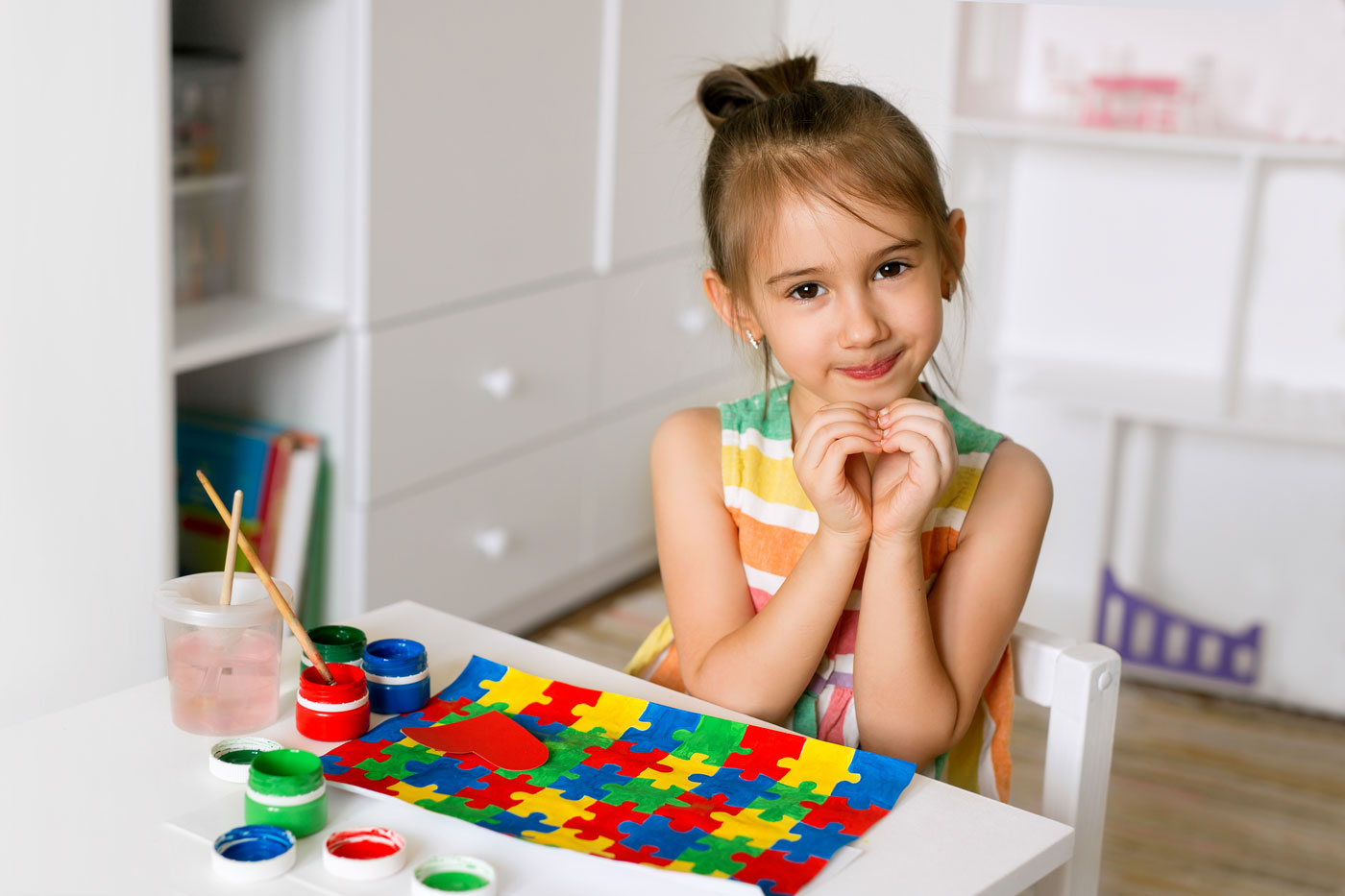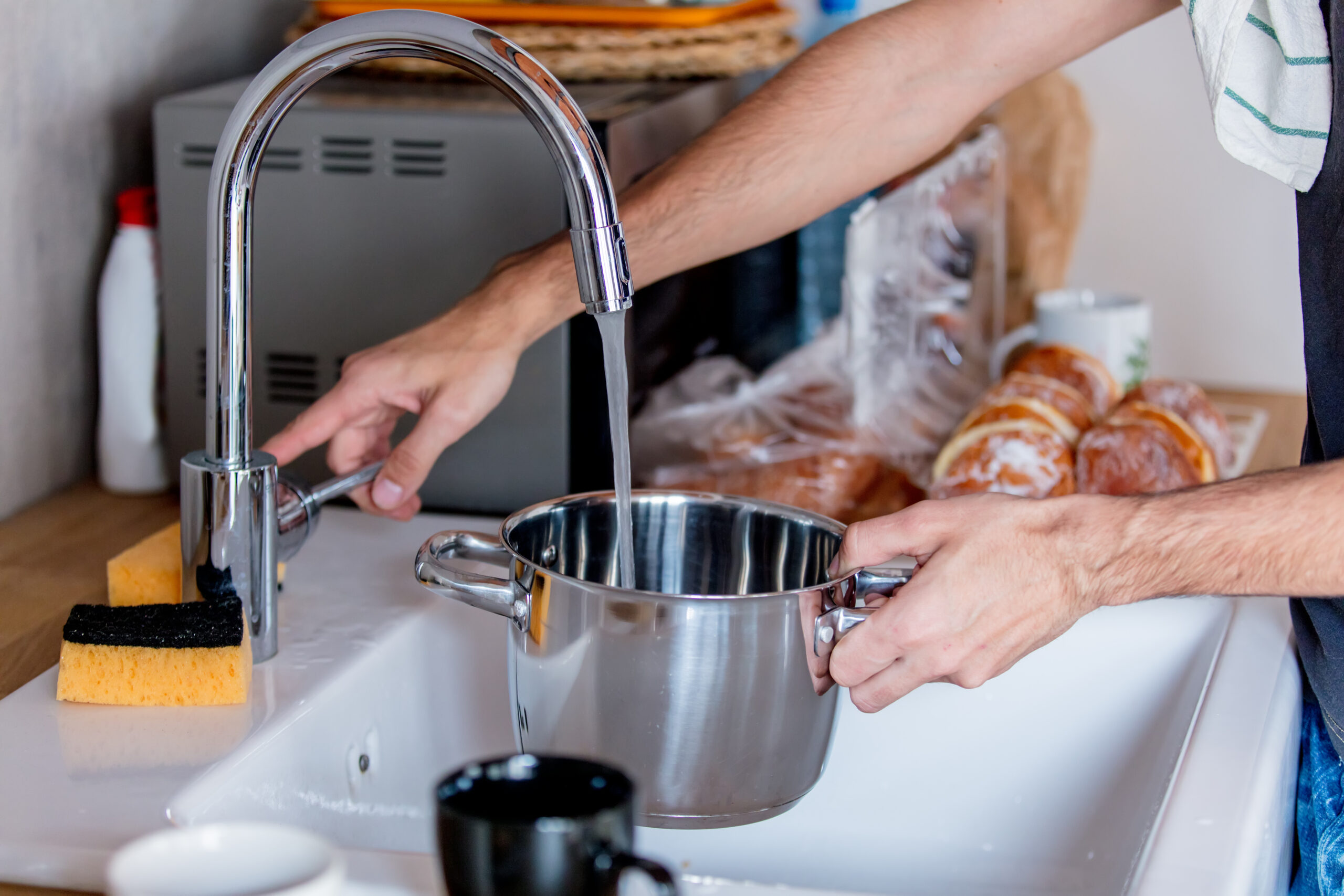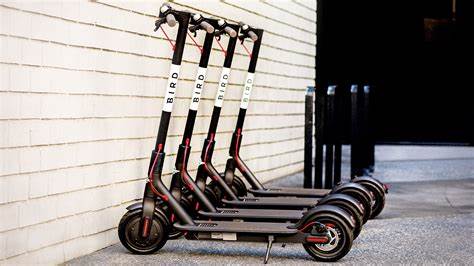Every year, 1 in 66 Canadian children are diagnosed with autism spectrum disorder (ASD). Chances are you know someone with ASD, whether it be through occupation, friends, family members, your own child, or even yourself.
Social recognition necessitates acceptance, empathy, and inclusion of those differently abled. Awareness is a joint exchange that focuses on strengths, rather than weaknesses, celebrating the uniqueness of one another.
The topic of autism awareness is something close to my heart as I have occupied multiple roles: aide, educator, mental health practitioner, advocate, but above all else, mother. The role of mom has largely shaped the person I am today, and in most ways, beneficially. However, it didn’t start out that way.
In 2004 I was thrust into the unknown world of autism courtesy of a blonde, curly haired little girl named Kierra – my daughter. Actually, that’s not totally accurate. My first autism experience was during an abnormal psychology class I took senior year of my undergrad. Our professor showed us a documentary of an institutionalized child with severe autism. The video was graphic and upsetting. I remember going home that evening and saying to my newlywed husband, “I could handle just about anything other than a child with autism.” Now if that isn’t the most perfect example of foreshadowing, I don’t know what is!
You may be familiar with the adage, “a mother always knows.” Nineteen years ago, I sat at an impasse, knowing Kierra was autistic while trying to convince everyone I wasn’t a paranoid first-time mom. I was so sure I was right, I made an appointment with our pediatrician, Dr. V. If anyone would see what I saw, it would be him. Dr. V. sat back in his chair with his fingers tented thoughtfully. He quietly observed my daughter for a few moments. Kierra was staring at the wall, rocking her body, and humming softly to herself. She was eighteen months old at the time. “Well, she seems perfectly fine to me,” Dr. V. declared with a reassuring smile. In the span of two months, Kierra’s personality underwent a radical shift. She lost all pre-acquired speech, didn’t want to be touched, was rigid about everything, escalated in crowded spaces, and engaged in repetitive, self-stimulatory behaviours. “You aren’t hearing me. Something isn’t right. I know my daughter.” Dr. V. continued to minimize my concerns, suggesting we wait until she was three years old and then re-assess the situation. I lost it. “No! We aren’t going to wait until she’s three! My daughter is slipping away in front of my eyes every day! How can you say she isn’t autistic after watching her sit in a chair for three minutes!?” Dr. V. was shocked by my outburst and so was I. We were clearly in a pediatric standoff; a lone wolf was howling in the distance and a tumbleweed rolled by. Actually, it was probably because I was eight-months pregnant, extremely hormonal, and caring for 18-month-old twins. Kierra sensed the tension in the room and began rocking faster and humming louder. Case in point, I wasn’t budging. Dr. V’s eyes shifted from her, back to me, and then he sat up in his chair stoically. “I’ll tell you what. If it makes you feel better, I will put in a referral. I understand first-time moms worry.” Fast forward a few months, I was sitting in the same room, in the same chair, watching Dr. V. read the last page of the diagnostic report: Autism – moderate to severe range. “Well, I guess you were right,” he stated in an unapologetic way, unwilling to look me in the eye.
This article is undoubtedly the biggest self-disclosure I have ever made, at least on a public forum. I think there is a good reason for choosing to do so now. Autism awareness goes beyond the individual diagnosed, and this is what I seek to address. Autism also impacts the people who love and support them, namely the caregivers. However, we usually get overlooked simply because we are willing to be. As stated earlier, my collective experiences have shaped the person I am today, but I did learn some valuable lessons the hard way. Therefore, I would like to take this opportunity to share what I’ve learned. Not just to reinforce and validate those parents walking the same path but to also inform others that autism requires multiple facets of support.
You Are Not Alone: If my words are resonating with you right now, rest assured you are in good company. When a child is diagnosed with a disability it can feel like it’s you against the world. These thoughts are common, especially when you get stuck in your own head; it’s a lot to absorb. A child’s disability undeniably changes the dynamics of relationships, but it might not be in the ways you expect. Some distances in relationships are lengthened while others are strengthened. While no one can claim to know exactly how you feel, there are people who can relate. Therefore, take that first step and ask for support. Be open to conversations, whether you are the giver or receiver. Finding a support network facilitates a sense of connection, synergy, affirmation, and offers new perspectives to help us process our feelings, inspires us to overcome barriers, and motivates us to move forward.
Be Honest with Your Emotions: It’s hard to articulate how you feel because chances are, you’re bouncing from one emotion to the next. Being honest with how you are feeling is part of the coping process. Minimizing or denying your emotions is not helpful. They aren’t going anywhere until you do, believe me! No one can tell you how you should or shouldn’t feel because there is no right or wrong. If you are experiencing feelings of loss and grief, know they are real. Being fearful of having no control over a situation or worrying about what the future holds is valid. You might feel angry about the unfairness of it all, maybe even jealous of those not having to be in your shoes. You will feel guilty for wishing things were different. Please know none of these things makes you a bad parent nor does it lessen the love you have for your child. As time moves on, you will learn to accept things and let go of the, what could have been, and embrace the, all that can be.
You are Much More Than an Advocate: Any parent of a child with a disability instantly becomes their biggest advocate. We are tasked with being the voice of reason and boy do we demand to be heard. Many caregivers immerse themselves in their child to the point of losing track of their individual identities. I was dubbed “Kierra’s mom,” despite having three other children. Will you feel judged sometimes? Yup. However, believe it or not, people will admire you. I can’t tell you how many times I’ve heard, “You’re like my hero,” or “I could never be as strong as you.” News flash: heroes don’t spend 45 minutes arguing with a three-year old about the colour of a cup or calf-rope their kid in a playground because they refuse to wear a jacket when it’s -32 outside. Here’s the thing, people only see what you allow them to see. Let’s be honest, we never know what we can handle until we are in that moment. Remember earlier I said I could handle anything but a child with autism? Well, I was clearly wrong. Keeping up the illusion of being invincible equates to becoming a martyr, and that’s an unreasonable standard to hold yourself to. Yes, you are strong but don’t set yourself up in a way where people don’t recognize you need support.
Love is Unconditional: Parents strive to do one thing above all else –provide their children with unconditional love. We are willing to put our physical and emotional well-being at risk by placing our child’s needs ahead of our own. Sometimes those needs are immense. There will be days you think about running away into the rustic wilderness to live off-grid, with tiny woodland creatures to keep you company. It’s okay to admit we have our moments of doubt and ask ourselves, “Am I enough?” The problem is we can’t truly express unconditional love unless we love ourselves first. Being a parent of an ASD kiddo is a monumental journey, so you better make sure your equipped for the voyage. You wouldn’t climb a mountain in a pair of flip flops and with one granola bar, would you? Sometimes we don’t even realize we’re running on empty until we suddenly grind to a standstill and realize we’re going nowhere fast. Self-neglect is not a life-choice, we do it without realizing because it’s not a priority. Consciously engaging in self-care is essential to the well-being of every person on the planet. So please, love yourself unconditionally
Appreciate the Humour: In times of distress there are two responses: crying and laughing. I vote for the second because laughter really is the best medicine. Even in times of absolute chaos I’ve been able to garner a chuckle or two. Like the time Kierra became so irate she sprinted across the room, launched into the air, and executed a perfect cartwheel (while screaming the entire time). Safe to say I wasn’t expecting that! I didn’t even know she could do a cartwheel! I looked at my husband and stated, “Well, that was… different,” and we cracked up laughing. Kierra’s response was to also laugh and state, “Whoa! That was crazy!” Laughter is contagious, diffuses tension, and reminds us even when things seem their worst, there is a silver lining in there somewhere. There is a lot of joy in life, so don’t forget to find those moments to sit back and smile, especially when Olympic-worthy gymnastics are involved.
It’s hard to believe it’s been nineteen years since that fateful day in Dr. V’s office. Looking back, I understand I was in this whirlpool of worry, grief, and frustration. I also realize it was at that point I pushed the pause button on my emotional self. Back then, I thought it was necessary because it was obvious no one was going to take charge of the situation, so I would do it myself. In reality, pausing myself was about my inability to be vulnerable because that equated to weakness, and I needed to be strong. I can fully admit I was wrong. This quote by Criss Jami really sums it up perfectly: “To share your weakness is to make yourself vulnerable; to make yourself vulnerable is to show your strength.” Society has really come a long way these past nineteen years. I’ve seen a growing shift in public awareness and acceptance of ASD, and I’m proud of being part of that movement. I am even more proud of Kierra, because no matter what life has thrown at her, she’s always faced it with pride and dignity. One of the most powerful things Kierra has ever said to me was, “Mom, it’s okay that I’m autistic because I love who I am.” Nineteen years and she is self-aware and self-accepting. I guess I did something right after all.







